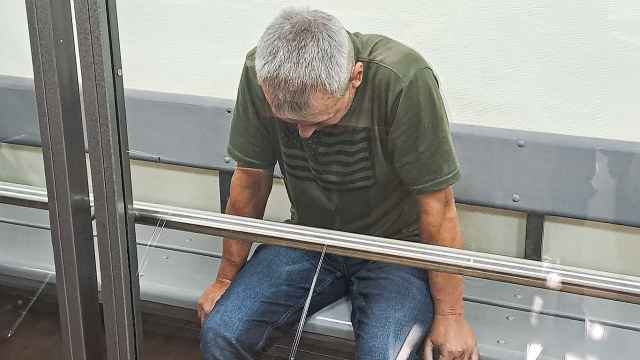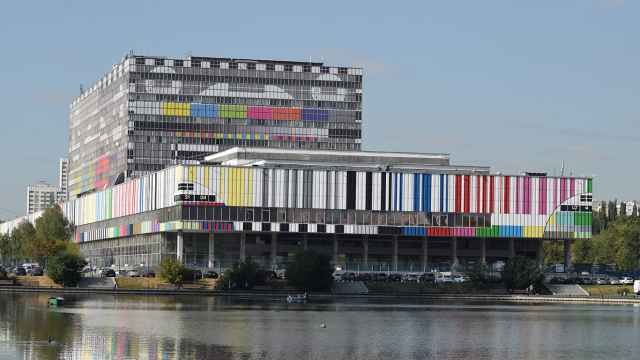Federal drug authorities have drafted a bill introducing prison terms of up to two years for drug abuse, the Rapsi news service Monday.
The bill elicited criticism from a prominent human rights activist, who said the bill would end the rehabilitation of drug users and lead to an epidemic of drug-related illnesses.
Anya Sarang, director of the Andrei Rylkov Foundation for Health and Social Justice, called the bill "wrong" and "criminal."
She said that if the bill became law, drug users would stop applying for medical help altogether for fear of imprisonment and that it would lead to an epidemic of HIV, tuberculosis and other drug-related diseases.
Drug abuse is currently punishable by up to 15 days of administrative arrest or a fine ranging from 4,000 rubles to 5,000 rubles ($140 to $170).
The bill states that drug users will be subject to prison time only if they are caught in violation more than once within a year. It also proposes up to two years of compulsory work as an alternative to a prison term.
The date the bill will be submitted to the State Duma hasn't been set.
Sarang wasted no time in expressing her reservations to the bill.
"As it is, drug abuse is de facto criminalized in our country. A person in possession of drugs is usually jailed," she told The Moscow Times. "If this is introduced de jure, poof goes prevention work."
Although under current law, simple possession is most often punished by jail time, there are alternatives, including a fine and compulsory work.
Sarang suggested that authorities focus on rehabilitating drug users instead, and she cited Portugal as a model.
Drug abuse and possession have been decriminalized there, producing "a very positive effect on health care," Sarang said.
The new bill is apparently part of the strategy of state anti-drug policy stretching to 2020. The policy was adopted in 2010.
Another move aimed at furthering that effort came March 5, when President Dmitry Medvedev signed a law making a life sentence the maximum prison term for illegal production, possession and sale of drugs.
Some opposition activists, including Novosibirsk artist Artyom Loskutov and Taisia Osipova, the wife of an opposition activist in Smolensk, have accused authorities of planting drugs on them.
A Message from The Moscow Times:
Dear readers,
We are facing unprecedented challenges. Russia's Prosecutor General's Office has designated The Moscow Times as an "undesirable" organization, criminalizing our work and putting our staff at risk of prosecution. This follows our earlier unjust labeling as a "foreign agent."
These actions are direct attempts to silence independent journalism in Russia. The authorities claim our work "discredits the decisions of the Russian leadership." We see things differently: we strive to provide accurate, unbiased reporting on Russia.
We, the journalists of The Moscow Times, refuse to be silenced. But to continue our work, we need your help.
Your support, no matter how small, makes a world of difference. If you can, please support us monthly starting from just $2. It's quick to set up, and every contribution makes a significant impact.
By supporting The Moscow Times, you're defending open, independent journalism in the face of repression. Thank you for standing with us.
Remind me later.





